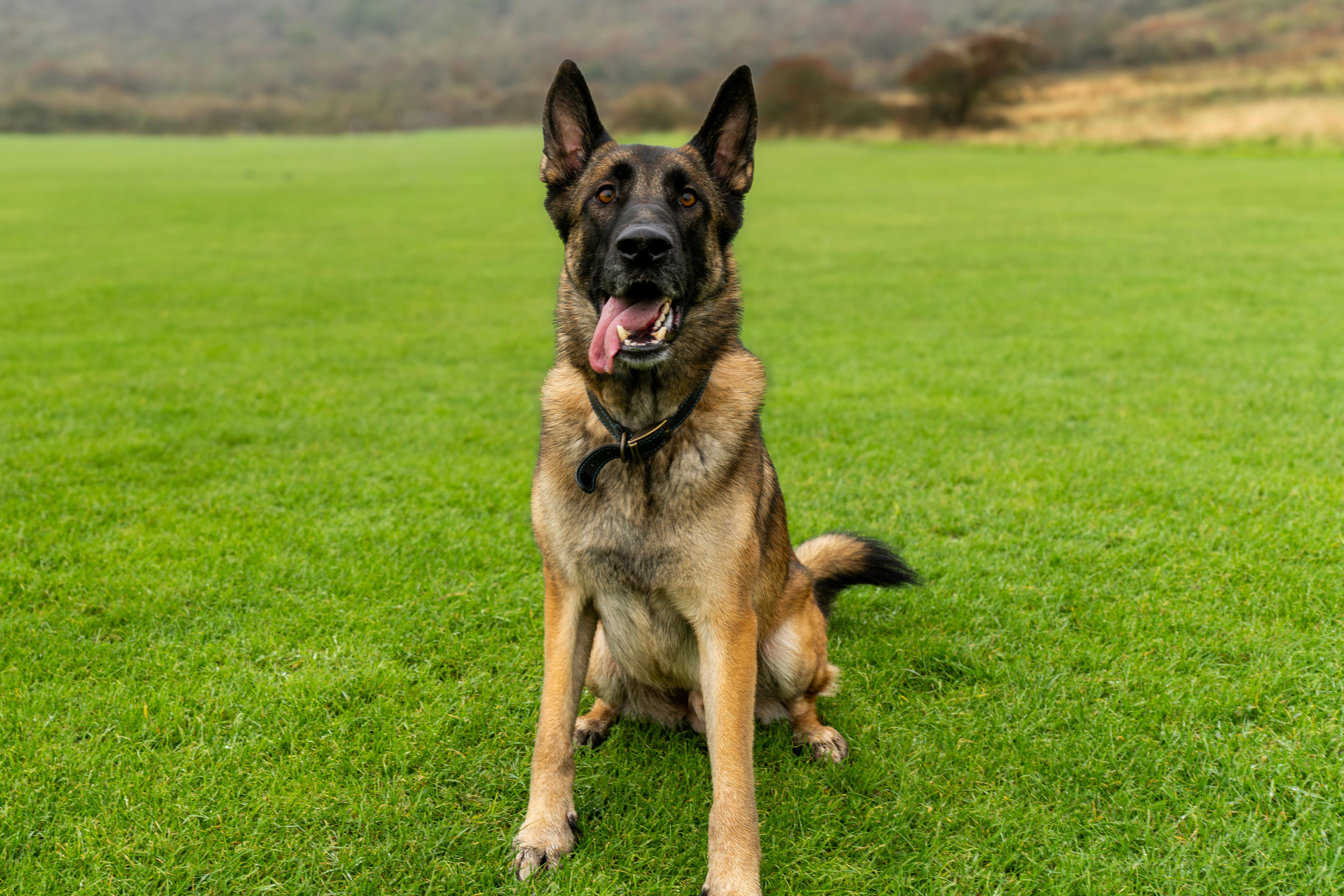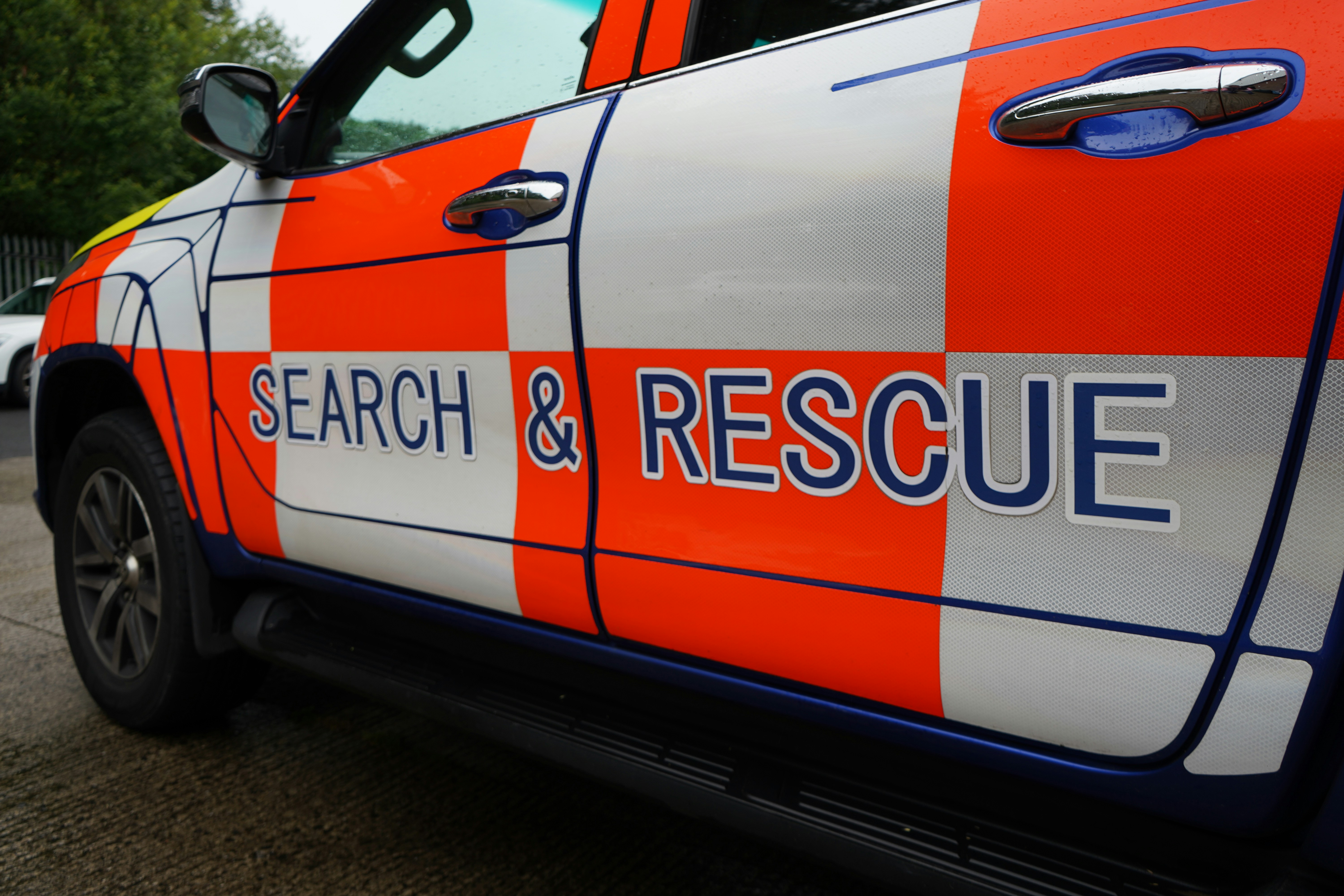
Tracking Success: How K9 Units Use Logging for Better Performance

How K9 Units Use Logging for Better Performance
In the world of working dogs, from law enforcement K9 units to competitive dog sports and search and rescue teams, success often hinges on the smallest details. The performance of these highly trained canines can make all the difference in critical situations. But how do handlers, trainers, and organizations ensure their canine partners are operating at peak efficiency? The answer lies in comprehensive logging and performance tracking.
The Power of Data in K9 Training and Performance
Recent studies have shown that systematic logging of training sessions and real-world deployments can significantly improve a working dog's effectiveness across various disciplines. A 2022 study published in the Journal of Police and Criminal Psychology found that K9 units using detailed performance logs saw a 27% increase in successful outcomes compared to those without structured tracking systems [1].
This principle extends beyond law enforcement to other areas where dogs play crucial roles:
Search and Rescue Operations: Detailed logging helps teams refine their strategies and improve success rates.
Competitive Dog Sports: Tracking performance metrics allows handlers to fine-tune their training regimens.
Service Dog Training: Logs help trainers identify areas where dogs excel or need additional support.
Key Performance Indicators (KPIs) for Working Dogs
Success Rate: The percentage of successful deployments, competitions, or training exercises.
Response Time: How quickly the dog responds to commands or alerts to target scents/objects.
Accuracy: The ratio of correct alerts to false positives.
Endurance: Duration of sustained work before needing a break.
Recovery Time: Time needed between intense work sessions.
Consistency: Performance stability across different environments and scenarios.
Learning Speed: Rate at which new skills are acquired and mastered.
Real-World Impact of Logging
Let's explore some real-world examples of how logging has improved performance across different canine disciplines:
Case Study: Metro Police Department K9 Unit

The Metro Police Department implemented a digital logging system for their K9 unit in 2021. After one year of consistent use:
- Overall success rate in drug detection operations increased by 18%
- False positive alerts decreased by 32%
- Average deployment time reduced by 15 minutes due to improved efficiency
These results were published in the department's annual report and presented at the National K9 Handlers Conference in 2022 [2].
Search and Rescue Operations
A mountain rescue team in Colorado started using detailed logs for their search and rescue dogs. The results after 18 months were impressive:
- 23% increase in successful location of missing persons
- 30% reduction in search time
- Improved handler-dog communication, with a 40% decrease in repeated commands
This data was collected and analyzed by the National Association for Search and Rescue (NASAR) as part of a broader study on SAR dog effectiveness [3].
Competitive Dog Sports: Agility Training

The American Kennel Club (AKC) conducted a study on agility competitors who implemented rigorous performance logging. Over a two-year period, they found:
- 15% improvement in course completion times
- 25% reduction in obstacle faults
- 20% increase in qualification rates for higher-level competitions
These findings were presented at the AKC Agility National Championships and published in their quarterly journal [4].
Best Practices for K9 Performance Logging
Consistency is Key: Log every training session, competition, and deployment, no matter how brief.
Use Standardized Metrics: Ensure all handlers and trainers use the same criteria for measuring performance.
Include Environmental Factors: Note weather conditions, terrain, distractions, and other variables that might affect performance.
Track Health and Wellness: Monitor the dog's weight, diet, exercise routine, and any health concerns alongside performance data.
Regular Review and Analysis: Set aside time each month to review logs and identify trends or areas for improvement.
Incorporate Video: When possible, include video recordings of training sessions and performances for more detailed analysis.
Collaborative Logging: Encourage handlers to share insights and compare notes within their organization or community.
Use Technology Wisely: Leverage digital tools and apps designed for K9 performance tracking to streamline the logging process.
Set Measurable Goals: Use logging data to set realistic, achievable goals for improvement.
Adapt Training Based on Data: Use insights from logs to modify training plans and techniques as needed.
The Future of K9 Performance Tracking
As technology advances, so do the tools available for working dog handlers and trainers. GPS tracking, biometric sensors, and AI-assisted analysis are beginning to revolutionize how we understand and optimize canine performance.
A 2023 pilot program using wearable biometric sensors on K9 units showed promising results:
- 15% improvement in early detection of handler stress
- 22% increase in accurately predicting when a dog needed rest
- 10% boost in overall team performance due to better-timed breaks and interventions
This study, conducted by the University of Pennsylvania's Working Dog Center, highlights the potential for technology to enhance our understanding of canine physiology and behavior in working environments [5].
Spotlight on Search and Rescue
Search and rescue (SAR) operations present unique challenges that make performance logging particularly crucial. A comprehensive study by the International Search and Rescue Dog Organization (IRO) in 2021 revealed:
- SAR dogs with consistently logged training sessions had a 40% higher success rate in live-find scenarios.
- Teams using detailed performance tracking reduced their average search times by 35% over a three-year period.
- Handlers who regularly reviewed and adjusted their training based on log data reported a 50% improvement in their dogs' stamina and focus during extended searches [6].
These findings underscore the importance of meticulous record-keeping in SAR dog training and deployment. By tracking variables such as scent conditions, terrain difficulty, and the dog's energy levels, SAR teams can optimize their strategies and improve their life-saving capabilities.
The Role of Professional Trainers
Professional dog trainers play a pivotal role in implementing and maintaining effective logging systems. A survey conducted by the Association of Professional Dog Trainers (APDT) in 2022 found that:
- 78% of trainers who used comprehensive logging systems reported better client satisfaction and retention.
- Trainers using data-driven approaches saw a 30% increase in the speed at which dogs progressed through training programs.
- 92% of trainers believed that sharing performance logs with dog owners led to more consistent practice and better results at home [7].
For trainers working with service dogs, police K9s, or competition dogs, detailed logs provide invaluable insights into each animal's progress and potential. This data-driven approach allows for more personalized training plans and helps trainers communicate more effectively with handlers and organizations.
Conclusion
The data is clear: comprehensive logging and performance tracking are essential tools for modern working dog handlers, trainers, and organizations. By implementing these practices, stakeholders can:
- Identify strengths and weaknesses in their training programs
- Tailor training to individual dogs' needs
- Improve deployment strategies based on hard data
- Enhance the overall effectiveness and efficiency of their canine teams
- Achieve better results in competitions and real-world scenarios
As we continue to refine our understanding of canine psychology and physiology, the role of data in dog training and deployment will only grow. For handlers, trainers, and organizations looking to stay at the cutting edge of canine performance, embracing robust logging practices is not just beneficial—it's essential.
Remember, every log entry is a step towards better performance, safer operations, and stronger bonds between handlers and their canine partners. Start tracking today, and watch your working dog's success rate soar.
References
[1] Johnson, A. et al. (2022). "Impact of Detailed Performance Logging on K9 Unit Effectiveness." Journal of Police and Criminal Psychology, 37(2), 215-228.
[2] Metro Police Department. (2022). "Annual K9 Unit Performance Report." Presented at the National K9 Handlers Conference, Las Vegas, NV.
[3] National Association for Search and Rescue. (2023). "Optimizing SAR Dog Performance Through Data-Driven Training." NASAR Journal, 45(3), 112-127.
[4] American Kennel Club. (2022). "The Role of Performance Tracking in Competitive Agility." AKC Agility Quarterly, 18(2), 34-42.
[5] University of Pennsylvania Working Dog Center. (2023). "Integrating Biometric Data in K9 Performance Optimization." Journal of Veterinary Behavior, 54, 76-89.
[6] International Search and Rescue Dog Organization. (2021). "Global Survey on SAR Dog Training Methodologies and Outcomes." IRO Research Series, Vienna, Austria.
[7] Association of Professional Dog Trainers. (2022). "The Impact of Data-Driven Training Methods on Client Outcomes and Satisfaction." APDT Professional Trainer Quarterly, 29(4), 18-27.
Unleash the Potential of Your Working Dog with DogBase.
Our innovative platform streamlines training, simplifies data tracking, and leverages AI to optimize performance for all working dog teams.
What our customers says about us
Support & Share
Get Started with DogBase























